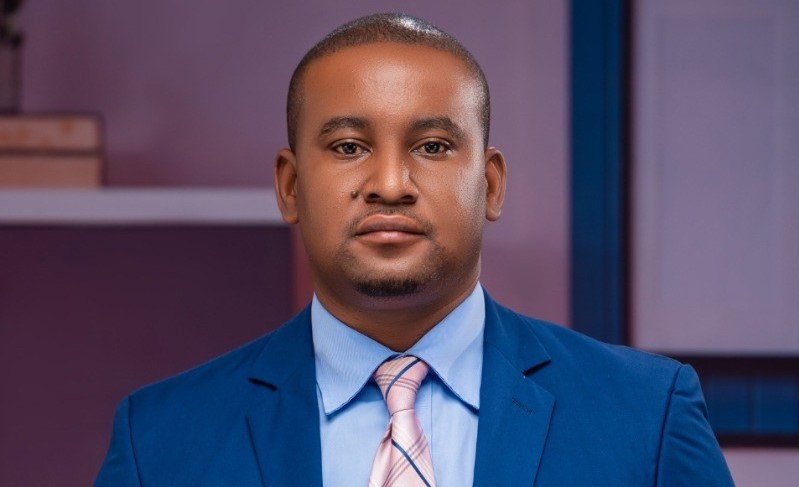We nearly lost the Malawi kwacha
The last few weeks have seen the Malawi Kwacha regain its value against major currencies. I can’t speculate reasons behind the change in fortunes of the kwacha. The strength of the kwacha has sent jitters amongst currency speculators that trade in parallel markets. Some forex bureaus have been refusing to buy the US dollar saying they have enough. Or it could be the Reserve Bank liquidity mop up obsession has finally delivered.
And those that hit the parallel markets have had to deal with rates least expected in the speculation trade. All I can say is that, market forces have been at work, strangely against parallel market traders and speculators. There is a possibility, in my undoubted opinion that monetary authorities have correctly intervened. In the whole kwacha fiasco, however, we can learn few lessons, and probably use such knowledge to ensure the local currency does not become part of history, just like the Zim Dollar.
It is often politically appealing in the entire word of correctness to brag about a strong currency. The Australians bragged for the last two years. It even surpassed the US dollar. Overtime their exports have been declining and the economic growth has been declining. It’s now lost some considerable value. Coming back home, the Big Kahuna ensured that ” his people” were protected against a devaluation because it would result into high prices. It sounded a very logical argument but it bore hallmarks of politicians and their love of strong currencies. It projects economic power in their world, but it is just a fallacy. Unfortunately, we couldn’t sustain the strong kwacha when there was no demand for it. Prices were rising because traders got their foreign exchange via the parallel markets. It’s a negative sum game in most cases.
We had to devalue. It was expected, and it was simply a matter of when and by how much. Even if the former head of state was alive, I don’t think he could have maintained his fixed exchange rate policy, synonymous with 1970 era currency economics. The devaluation was massive and the resulting consequences disastrous. No business could plan effectively in the local unit as the kwacha was loosing value on a daily basis. Speculators smiled, but at a huge cost to the majority in our impoverished country. At the rate the Malawi kwacha was going, I suspect we were soon going to abandon it all together, and consequently outsource monetary policy to whatever country whose unit we chose as legal tender. Luckily, we have seen the kwacha appreciate, and some sanity seems to slowly filter in, even though import cover remains under two months.
The devaluation was inevitable, but we can question the rate at which it happened. The kwacha almost finished. Our IMF colleagues are very much known for their text book economics. It includes a wholesale devaluation of a currency as a solution to most macroeconomic problems. The kwacha was devalued, albeit with their advice, experimental in most cases, to the extent that it was rated the worst performing currency in Africa, if not the entire world. It bore resemblance to the German Deutsche Mark after resolutions of the 1919 Treaty of Versailles came into effect. Such phenomenon does lower business confidence and expectations. It becomes apparently difficult to attract foreign investment. In earnest, colleagues tasked with selling this country as an investment destination have had a hard job. Who would really want to put their money in a country with a worst performing currency? Throw one stone if you like, but a lesson has practically been learned.
While I naturally don’t advocate for strong currencies, the recent appreciation of the local unit has brought some stability and boosted business confidence. I don’t buy the tobacco dollar theory though, given that it remains a catalyst for complacency towards diversification. Nonetheless, I applaud the Reserve Bank for taking corrective steps to save the Malawi Kwacha, their traditional role. It’s my own version of speculation though. Sometimes we have better solutions in the country, but we just need to add political will to the recipe. We cannot always accept wholesale textbook prescriptions from multilateral agencies that serve the interests of their major shareholders. The IMF has just admitted screwing up in Greece. At what cost, if I may ask?





